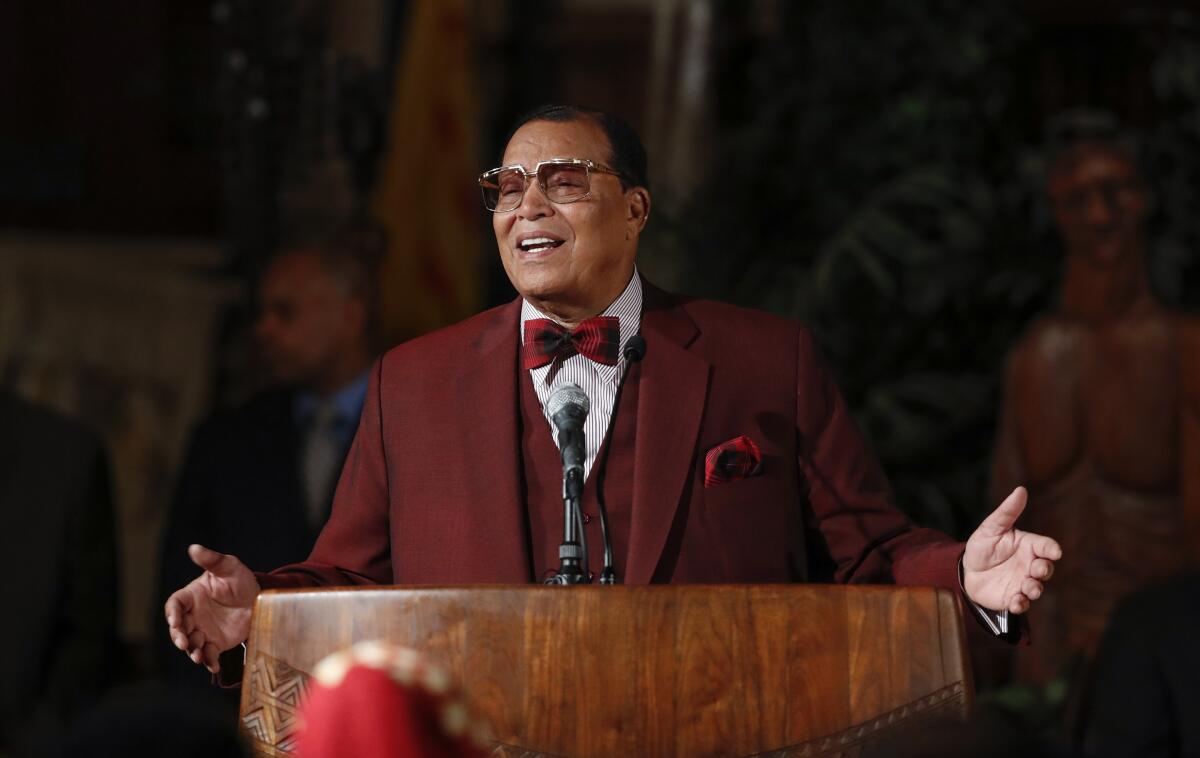In a significant ruling, a New York court has affirmed that prominent Jewish leaders can continue to label Louis Farrakhan, the leader of the Nation of Islam, as antisemitic. This decision has profound implications for the ongoing discourse surrounding antisemitism, free speech, and the rights of organizations to express their views on public figures. The case arose after the Nation of Islam filed a staggering $4.8 billion lawsuit against the Anti-Defamation League and the Simon Wiesenthal Center, accusing them of infringing on their First Amendment rights.
The lawsuit stemmed from Farrakhan's controversial statements regarding Jews, which included derogatory comparisons and accusations. Over the years, Farrakhan has made inflammatory remarks, such as likening Jews to termites and alleging that Jewish influence is responsible for various societal issues. This inflammatory rhetoric has raised concerns and sparked debate about the boundaries of free speech and the responsibility of public figures.
Ultimately, the Manhattan federal court, presided over by Judge Denise Cote, dismissed the case, citing that Farrakhan's statements provided the basis for the claims of antisemitism. The court concluded that there was no evidence demonstrating that being labeled antisemitic had caused harm to the Nation of Islam. This ruling is seen as a victory for organizations advocating against hate and bigotry, reinforcing their right to confront and call out antisemitism.

The implications of this ruling extend beyond just Farrakhan and the Nation of Islam; it reinforces the right of organizations to hold public figures accountable for their words and actions. Rabbi Abraham Cooper of the Wiesenthal Center expressed gratitude for the judicial system's recognition of their First Amendment rights, highlighting the need for open discourse regarding antisemitism. This case serves as a reminder of the ongoing struggle against hate speech and the importance of free speech in a democratic society.
Farrakhan's rhetoric and its impact on public perception and discourse cannot be understated. In a video address, he defended his statements, asserting that they are "absolutely the truth" and lamenting the consequences that he believes have come from being labeled antisemitic. His claims about media influence highlight a complex intersection of race, religion, and power that continues to provoke conversation and debate.
As the discussion around this ruling unfolds, it raises important questions about the nature of free speech, the responsibilities that come with it, and the enduring fight against antisemitism in all its forms. The court's decision not only safeguards the rights of Jewish organizations but also serves as a pivotal moment in the larger narrative of civil rights and liberties.




